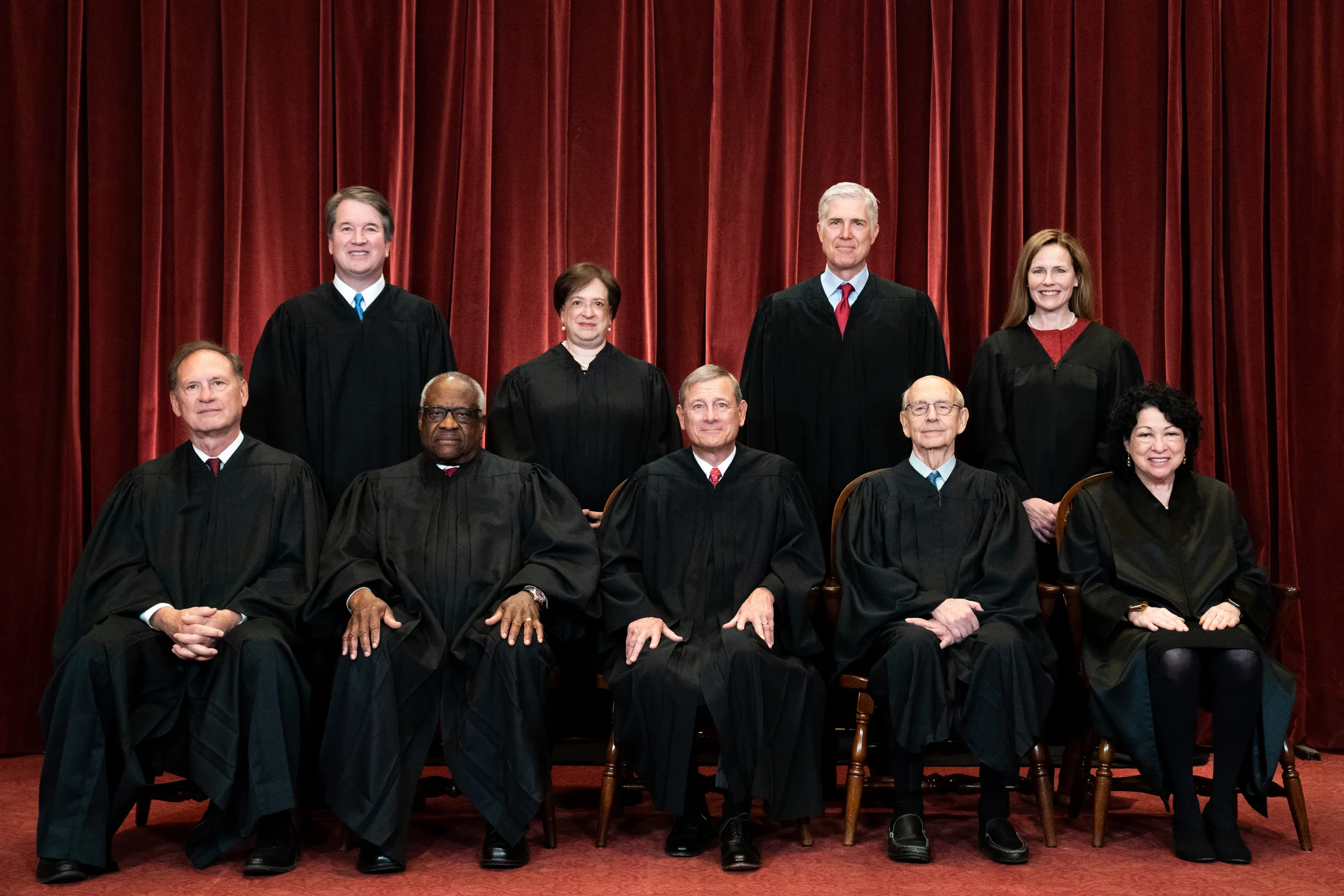Supreme Court justices: biased from the start
Nation’s laws should not be dictated by political agendas
When settling an argument by asking for a second opinion, it is unreasonable to ask someone who is biased. Yet, the highest court of the nation, the U.S. Supreme Court, has selected many of its justices based on religious and political affiliations, according to The New York Times. With SCOTUS decisions often affecting the lives of millions of Americans, justices should be selected based on impartiality, rather than their identical views with the appointing administration.
Currently, SCOTUS has a 6-3 conservative-leaning bias, with all six conservative judges appointed by Republican presidents, according to Axios. While some of those judges have maintained a semi-neutral position in the court, according to Ballotpedia, it is concerning that a country obsessed with the ideas of freedom and fair trials would approve of SCOTUS judges with affiliations.

Supreme Court justices have the power to dictate the laws of the nation, which affect a wide spectrum of citizens. In 2015, the landmark case Obergefell v. Hodges legalized same-sex marriage in a 5-4 decision, with all four dissenters being conservative judges, according to Oyez. Such a slim margin on a decision concerning basic human rights highlights how political affiliations can influence monumental decisions.
Presently, topics such as illegal immigration and abortion are likely to appear in SCOTUS again, according to NPR. With a strong conservative bench, cases like Roe v. Wade may be overturned due to the upholding of anti-abortion sentiments by the Republican party. It makes no sense to appoint justices who are making decisions on behalf of political parties on issues regarding basic human rights. Beyond that, it is important to recognize that these decisions affect everyone — including those whose political affiliations do not align with the bench.
For example, during the nomination of Justice Amy Coney Barrett, Barrett spoke openly about her Catholic faith according to NPR, and has a conservative bias. With a country whose separation of church and state is blurred, religious affiliations make it harder to ensure the bench’s decisions are for the good of every American. Six if the nine justices are Catholic, making it difficult when creating a bench to represent everyone.
Barrett was also appointed under former president Donald Trump, who promised to only appoint justices willing to appeal Roe v. Wade. When asked about her personal opinion on abortion, she maintained a neutral position, but given her Catholic faith and Trump’s requirements for a justice, it can be inferred she has a conservative bias with topics like abortions.
These issues should not be decided by a court whose ulterior motives are to appease a political party. SCOTUS has the responsibility of deciding how Americans will live their lives, and Americans should urge politicians to select neutral judges who have no ties to parties. This will ensure fair trials and outcomes. With the selection of a new judge in the wake of Justice Breyer’s retirement under President Biden’s administration, president Biden must take the first step in creating an impartial bench.
Niyatee is excited to be this year's Senior Sports Editor and this is her second year on the staff. In her free time, she loves to read, listen to music,...















